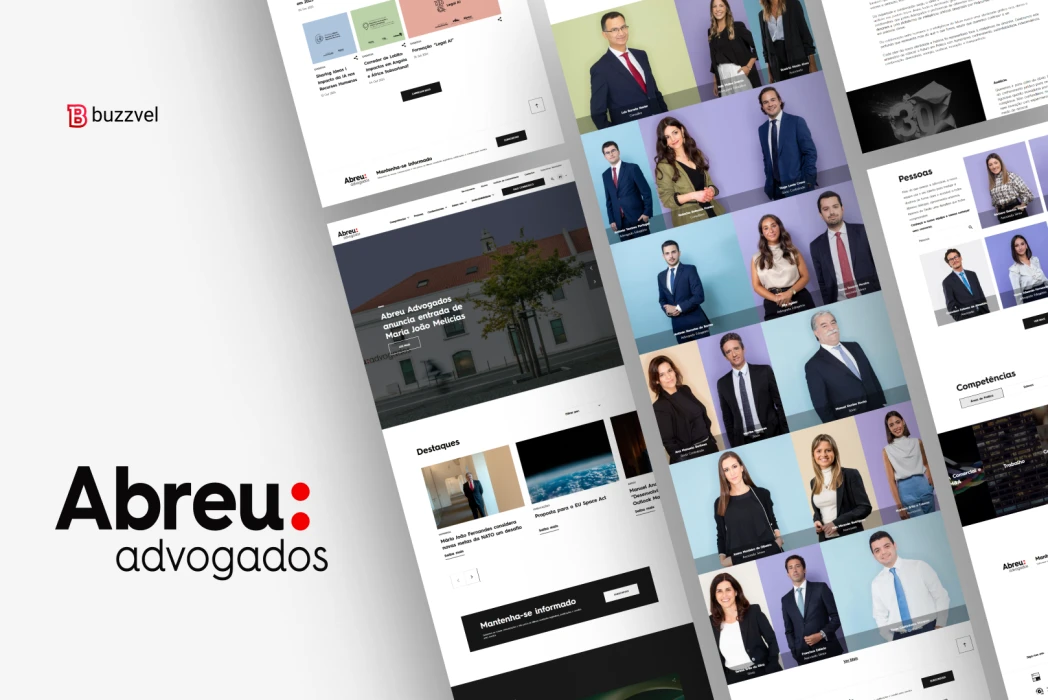Entering the world of software development as a beginner can be as exciting as challenging. With a vast sea of languages, tools, and technologies available, knowing where to start or how to progress effectively in your career can be difficult. Fortunately, some paths can be followed that you can also consider, and one of them is choosing and delving into a market framework after learning the fundamentals of a programming language.
Introduction
This article aims to unravel the concept of frameworks, highlighting their importance and how they can accelerate your project development and professional growth. Additionally, we will address essential learning and skill development strategies that can transform a beginner into a competent and confident developer capable of facing real-world programming challenges.
What are frameworks, and why use them?
Frameworks are tools and/or libraries that provide a scaffold for developing and organizing software projects in a particular programming language. Each language can have several frameworks, depending on the developer's choice. Market frameworks are the most used because they are robust, quality, or preferred for the company you dream of working for.
First, you need to have a basic knowledge of the programming language it is based on to choose a framework and work with it. In fact, the choice of language comes before the choice of the framework. Prior knowledge is fundamental because, in the future, you may want to implement a function or functionality that already exists natively in the framework or mainly use another framework that you consider better for a specific project.
Each framework has focuses and ideologies; choosing one that is comfortable and brings extra aspects in the details will make developing much more enjoyable. Laravel, a backend PHP language framework, is one of the frameworks that brings this personality with its "Elegant functions made for web artisans."
How to Develop Knowledge?
Although frameworks are facilitators that save time, knowing how they work behind the scenes is essential so we can take a greater advantage and keep everything optimized and reusable. Always having the documentation nearby is an excellent way to do this. Before developing something, it is worth researching the documentation to see if there is something native in it that solves the problem. Research and learning are never too much. Looking for written tutorials or on YouTube also makes sense.
Read the Documentation: Even unintentionally, choosing a topic that you have been working on or reading it in the order it was written will give you knowledge that you didn't have before. After all, a framework is built with pure codes of the chosen language.
Accumulate Experience: The more we program, the more experience we accumulate. Although it may not seem like it, these experiences extend to other frameworks and languages and sometimes even to things outside of programming, like our daily lives.
Learn to Debug: Observe how people with more experience program, where and how they debug, and the information they seek to find in the debugs. Debugging is talking to the code, asking questions, and waiting for the answers that help solve the problem.
Understand What You're Doing: Copying and pasting code can work, but it will remove a large part of the learning process. Understand how things fit together, and from there, create new things. Seeing how functions relate and what each line of code does helps you better understand the final result.
Study from the Beginning: Will you learn a new programming language? Learn more about its creation, read curiosities, and other such things. Sometimes, a simple piece of information, like knowing why that technology was created and what problem it solves, can help with more complex issues or even untangle thoughts.
Divide and Conquer: Is a problem too complex? OK, develop the solution in small parts that solve the problem together. Clean code, for example (development methodology), talks about creating well-named functions that interact with each other and solve a problem in the end, besides making the code more readable and understandable when it needs to be reread after a while or by another person.
Courses Becoming Repetitive: Classes on a particular programming language or framework are expected when starting out. As we complete more courses, certain things become repetitive, like concepts and projects. In this case, taking a break from courses and focusing on learning by reading the documentation, creating projects, and asking questions in forums (or with mentors, if you have any) is a good indicator. Also, it is expected to find classes with few errors and little need for debugging, where everything works perfectly every time. It's practice and your mentors that will teach you this.
The development of programming skills goes beyond technical understanding; it encompasses cultivating a mindset of continuous learning, stimulating curiosity, practicing effective code debugging, and enhancing the ability to solve problems creatively and efficiently. Furthermore, immersing yourself in the chosen language's fundamental concepts and exploring its history and applications can offer valuable insights.
Conclusion
As you venture into the software development universe, remember that patience, perseverance, and a passion for continuous learning are your greatest allies. Face each challenge as an opportunity for growth and each project as a chance to enhance your skills and contribute to the development community. By following these guidelines and maintaining an open and curious mind, you will be well-positioned to develop yourself as a beginner developer and thrive in your career.
Subscribe to
Our
Newsletter
Join 1,000+ people and recieve our weekly insights.

Success!
Thank your for subscribing to Buzzvel's
Newsletter, you will now
receive
amazing
tips
and insights weekly.

-normal.webp)


